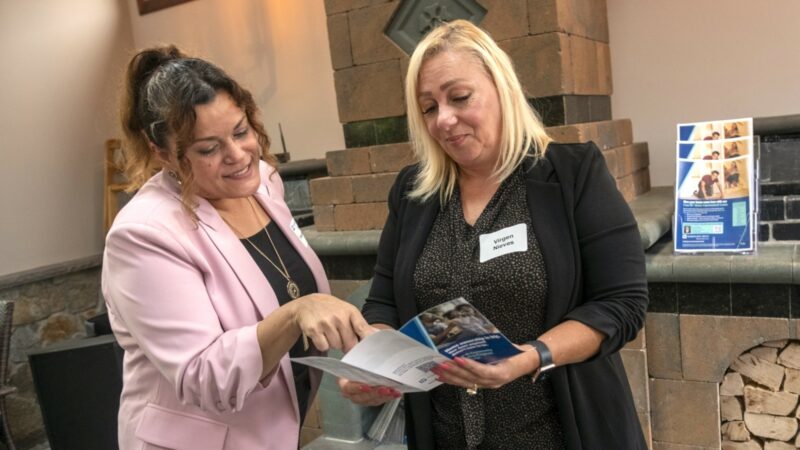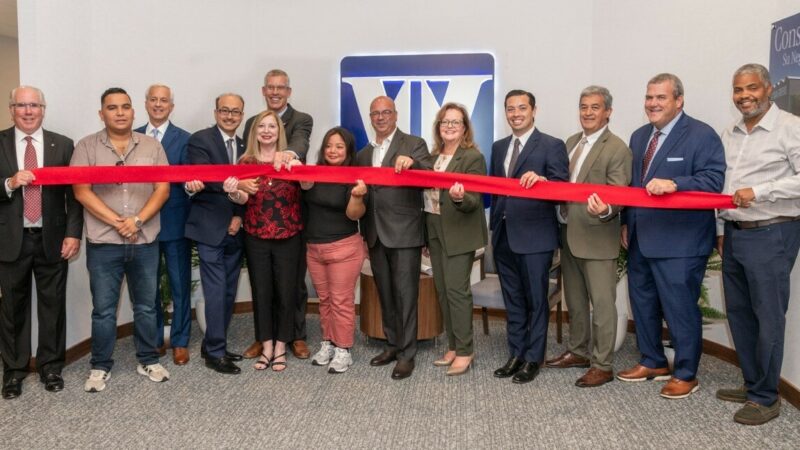Reverse Mortgage Answers for Children of Seniors
It is important for the children of senior homeowners to understand the reverse mortgage process. Below are some of their most frequently asked questions.
If your parent is over the age of 62 and owns their own home, a reverse mortgage might be the perfect solution. They can use the equity they've accumulated in their home over the years to improve their quality of life and ease any financial concerns you might have for them.
One of the major differences is a reverse mortgage does not require a monthly payment. To qualify for a traditional mortgage or a home equity line of credit, the homeowner must have sufficient income and acceptable credit to be approved for the loan. Your parent's eligibility is based upon their age. The loan amount they qualify for must be sufficient to satisfy any existing loans secured against their home.
They are required to pay their property taxes and homeowners insurance.
Yes, but any existing mortgages must be paid off at closing. The proceeds from the reverse mortgage may be used for that purpose first.
The amount depends upon the product, the homeowner's age, the current interest rate, appraised value of the home and FHA's mortgage limit for their geographic area (if applicable).
The fees* for a reverse mortgage are similar to those that would be charged when buying a home. All of the costs may be financed.
For Reverse Mortgage: We arrange but do not make loans. MORTGAGE BROKER ONLY, NOT A MORTGAGE LENDER OR CORRESPONDENT LENDER.
This material is not provided by, nor is it approved by the Department of Housing & Urban Development (HUD) or by the Federal Housing Administration (FHA). You should consult your benefits specialist, or financial advisor as Reverse Mortgage payments may have an effect on your particular situation.
The loan is satisfied when the last borrower passes away, the property is sold or is no longer the borrowers primary residence.
All reverse mortgages are non-recourse loans, which means that the homeowner can never owe more than what the home is worth, regardless of the loan balance.
No, refinancing or other assets can accomplish repayment.
No, nor is the loan due. They are not required to repay the loan as long as one of the borrowers remains in the property and pays the taxes and insurance.
Yes, there are approximately three different reverse mortgage products available.
Yes, and the closing costs may be dramatically reduced.
Yes, the title to the property may remain as is. However, the trust does have to be reviewed to ensure the beneficiary of the trust and that the trust is irrevocable.
Currently the Internal Revenue Service does not consider proceeds from a reverse mortgage taxable income.*
*This is not tax advice, please consult a tax professional.
The interest accrues and is only deductible when the reverse mortgage loan balance is paid in full.
Talk to a Mortgage Specialist
To get started, complete a brief online form and one of our mortgage lenders will get in touch with you!
This material is not provided by, nor is it approved by the Department of Housing & Urban Development (HUD) or by the Federal Housing Administration (FHA). You should consult your benefits specialist, or financial advisor as Reverse Mortgage payments may have an effect on your particular situation. Consult your tax advisor.












